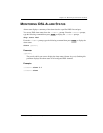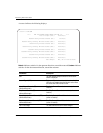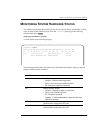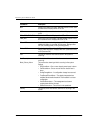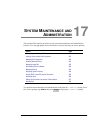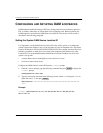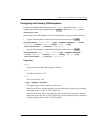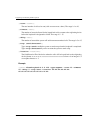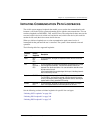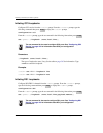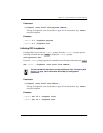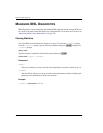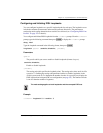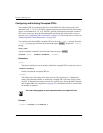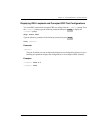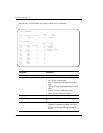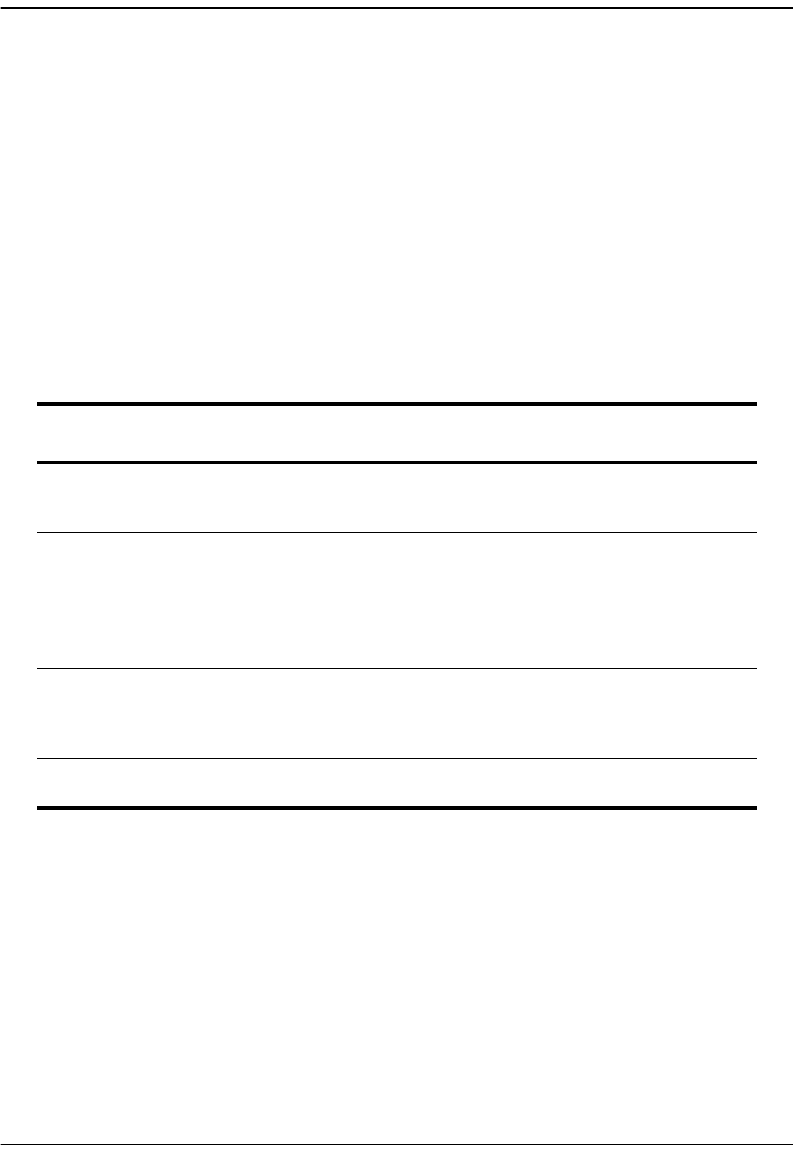
Chapter 17: System Maintenance and Administration
Avidia System Configuration and Management User Manual 345
INITIATING COMMUNICATION PATH LOOPBACKS
The Avidia system supports loopbacks that enable you to test the data communication path
between a card in the Avidia system and another device with the same transmission. You can
run these loopbacks on DS1/DSX-1, DS3, and OC3 lines. The end-points for these tests are the
near-end, which is the local Avidia card, and the far-end, which is the device (this could be
another Avidia card) that is the remote end for the test.
When you initiate a loopback test on a data communication path, normal service is
interrupted for that path until the test is cancelled. The system is then returned to normal
operation.
The following table lists supported loopbacks.
See the following sections to initiate loopbacks for specific line card types:
“Initiating OC3 Loopbacks” on page 346
“Initiating DS1 Loopbacks” on page 346
“Initiating DS3 Loopbacks” on page 347
Loopback
Type
Card(s)
Supported
Description
Local OC3
DS1
DS3
For this loopback, the signal is looped back within the line card at the
transceiver.
Line OC3
DS1/DSX-1
DS3
For this loopback, the signal is received at the line interface and is looped
back through the transmitter. The near-end interface receives the
loopback from the far-end device. You can activate this test either from
the near-end or far-end.
A line loopback tests the complete signal for the port, including channels
that are blocked by the user.
Payload DS1/DSX-1 For this loopback, framing for the DS1/DSX-1 port must be set to ESF.
The DS1/DSX-1 card loops the payload (192 bits) through the receive
section (including the framer) and to the transmit section, returning the
payload and the newly generated ESF framing.
Remote DS1/DSX-1
DS3
For this loopback, the signal is sent to the far-end where it is looped
back. This loopback tests the entire data path to the far-end.



